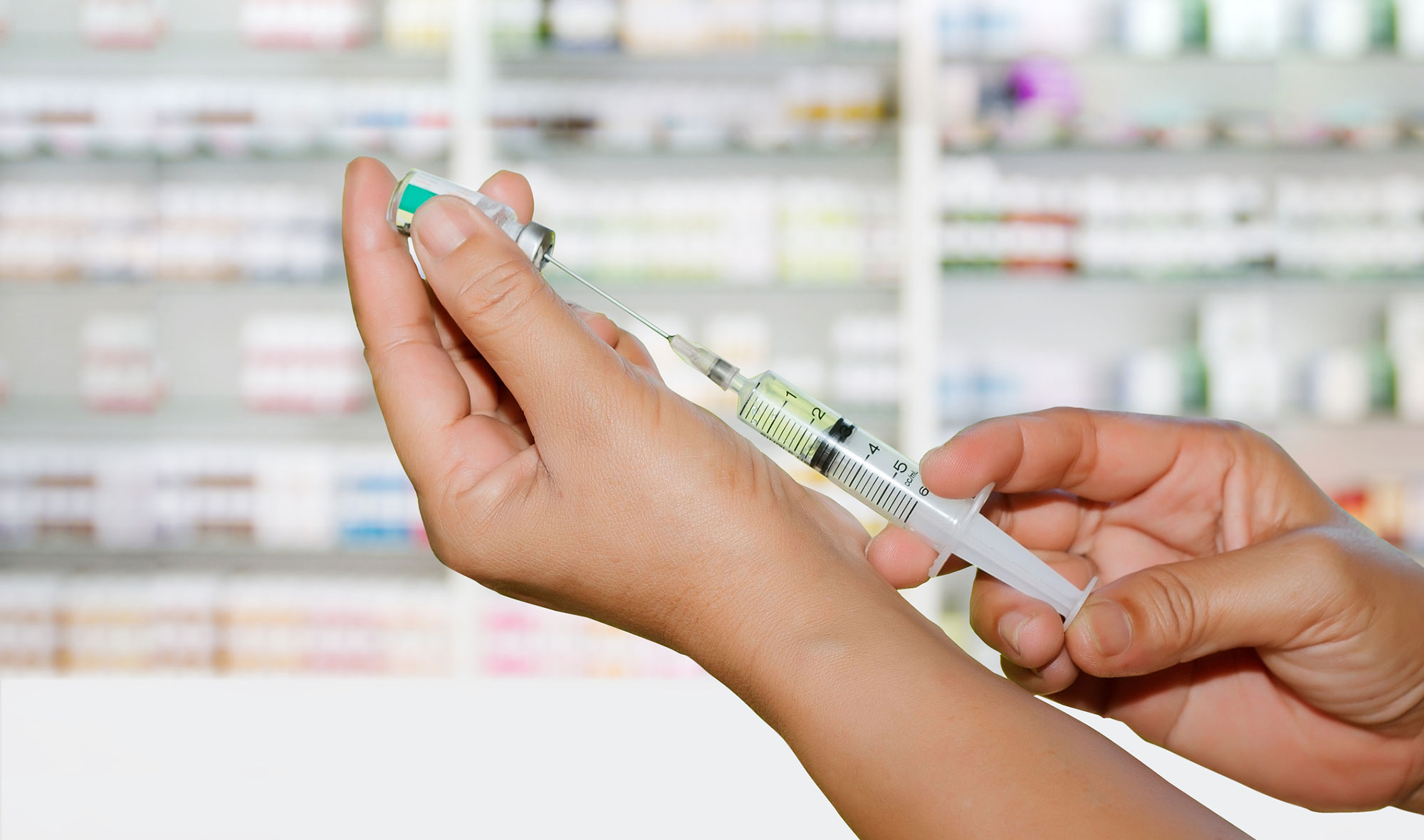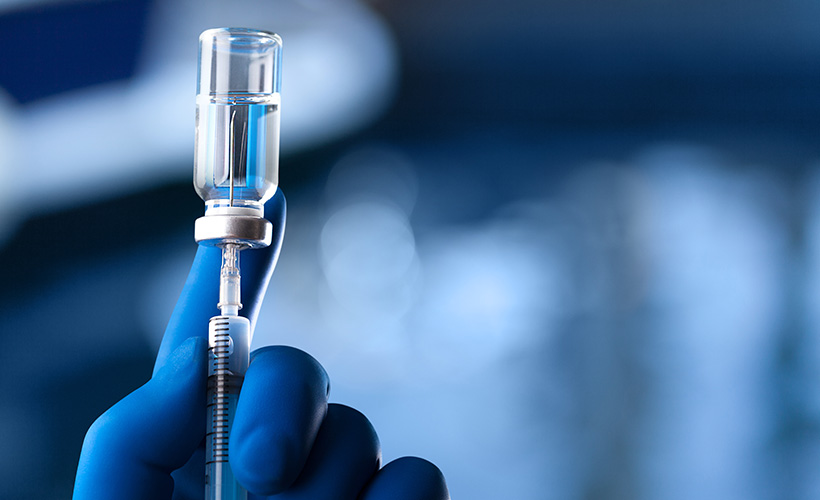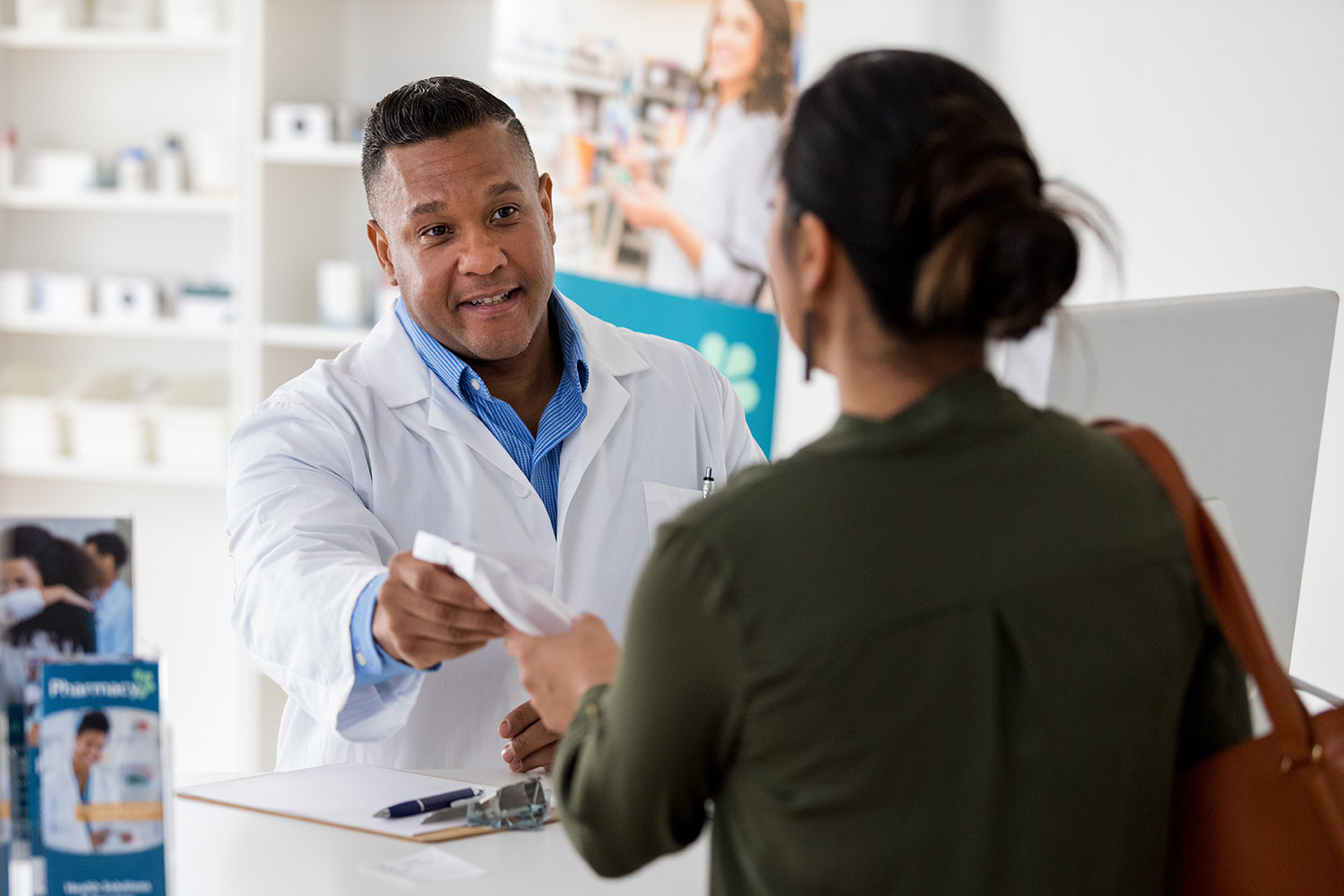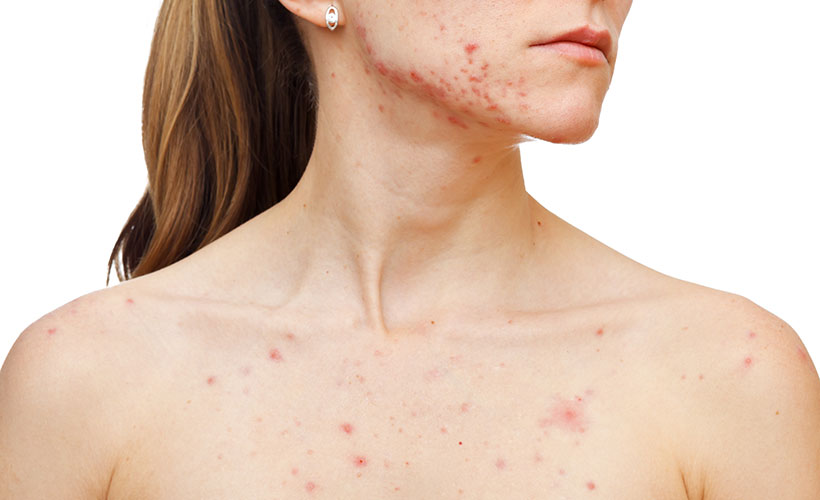There are now over 450 pharmacies providing vaccination services around Aotearoa and this number is continuing to grow. Pharmacist vaccination is an increasing international trend with countries such as the United States, United Kingdom, Ireland, Canada and Portugal among the first to get this underway. Did you know that there are eight different types of injectable vaccinations and one oral vaccination available from your local pharmacy? It is increasingly common for people to go to their community pharmacy for these vaccinations.
Over the last decade, Medsafe, the government agency responsible for regulating therapeutic products such as medicines and vaccines has reclassified several vaccines from prescription medicines to restricted medicines. This means that certain vaccines can be administered by a pharmacist who has completed a vaccination training course and complies with vaccination standards set by the Ministry of Health.
Which vaccines can I get from a pharmacy?
Vaccinations first started being provided by pharmacists in 2010, with influenza vaccine being the first vaccine offered. Tdap (diptheria-tetanus-acellular pertussis – also known as whooping cough vaccine), and MMR (measles, mumps and rubella) vaccines were the next ones added to the list of vaccines administered by pharmacists. Kiwi pharmacists played a crucial part in the COVID-19 response and a large amount of the Covid-vaccinated population will have received their vaccination from a pharmacist. Cholera vaccine, is an oral liquid that can be purchased from pharmacies.
Recently, a further four vaccines have been added to those that vaccinator pharmacists can administer:
- Meningococcal B – Read more about the vaccine and who is eligible here
- Meningococcal ACYW – Read more about the vaccine and who is eligible here
- Varicella zoster (shingles) – Read more about Shingles and who is eligible for the vaccine here
- Human Papilloma Virus (HPV) – Read more about the vaccine and who is eligible here
These additions will give the public a wider range of vaccination options, and provide people with more choice to access health prevention services.
How pharmacists become vaccinators
All pharmacist vaccinators must complete an approved vaccinator training course and hold a current First Aid certificate with specific training for treating anaphylaxis. The Ministry of Health sets immunization standards that pharmacists must comply with. They undergo a clinical assessment that determines the age range of people they can vaccinate. Most pharmacists are assessed using the deltoid (shoulder) muscle so they are then restricted to vaccinating people aged three years and over. Some pharmacists may have undergone training and assessment to vaccinate infants, but not all. Pharmacists are able to check a patient’s full vaccination history as well as record the vaccination they give you, to ensure all health providers are aware of vaccine doses given. Pharmacists must know how to use the emergency equipment held in the pharmacy that is used if a patient has an anaphylactic response to a vaccine. They must keep daily records of vaccine fridge temperatures and operate a cold chain management system to ensure vaccines are kept safe.
Benefits of pharmacist vaccinations:
- community pharmacists are the most accessible healthcare professional. Not all people have a GP that they regularly access and pharmacists are often the first point of call for people with minor health conditions. Vaccinations provide another point of contact for people to receive advice from a health professional.
- allows the opportunity for pharmacists to develop new skills and work at the top of their scope of practice.
- improved convenience for the public to obtain vaccinations, with out-of-hours availability. Working people and adolescents can be vaccinated without taking time off from work or study.
- improved vaccination coverage.
- easier access, often no appointment is necessary with “walk-in’s” available.
- decreased strain on primary healthcare.
By increasing vaccination rates there will be:
- lowered rates of infection in the community
- decreased harm from the consequences of vaccine-preventable diseases
- decreased burden of disease on the health system
- equity of access for patients in rural and low-income areas.
You can make your own Covid-19, influenza, Tdap or MMR vaccination booking through the site “Book My Vaccine”
Ask your pharmacist if they offer vaccination services. They will be able to tell you the age range of people they are permitted to vaccinate and whether you are eligible for funded vaccinations. Or visit Find a Pharmacy to find out what vaccinations are available at a pharmacy in your area.


















Community